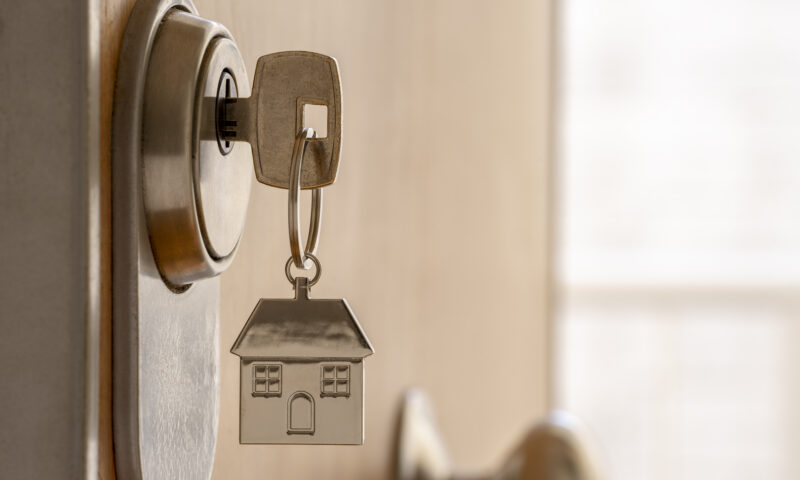

With the Olympics approaching and housing in short supply after recent fires, the city is moving to crack down on illegal rentals.
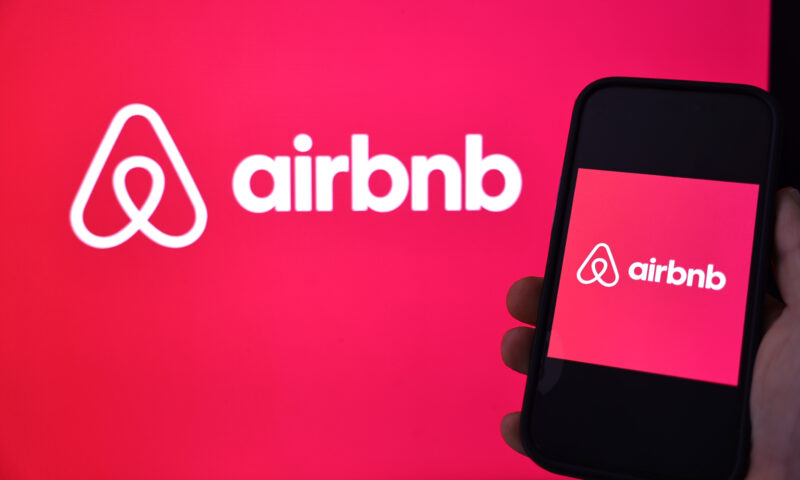

Housing activists accuse rental giant of excessive payment hikes.
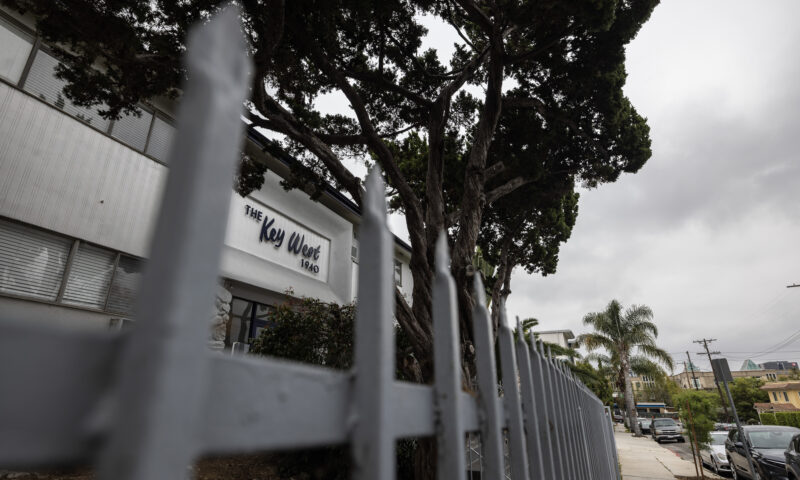

City officials are proposing stricter enforcement, higher fines and new technology in part to prevent rent-controlled apartments from being listed on Airbnb and Booking.com.
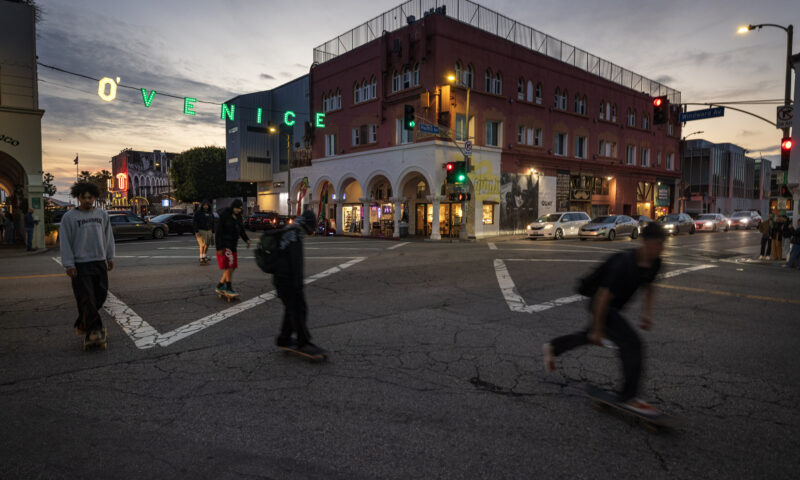

Los Angeles officials are struggling to crack down on illegal rentals during a housing crisis. Here’s how to make sure you’re a responsible vacationer.
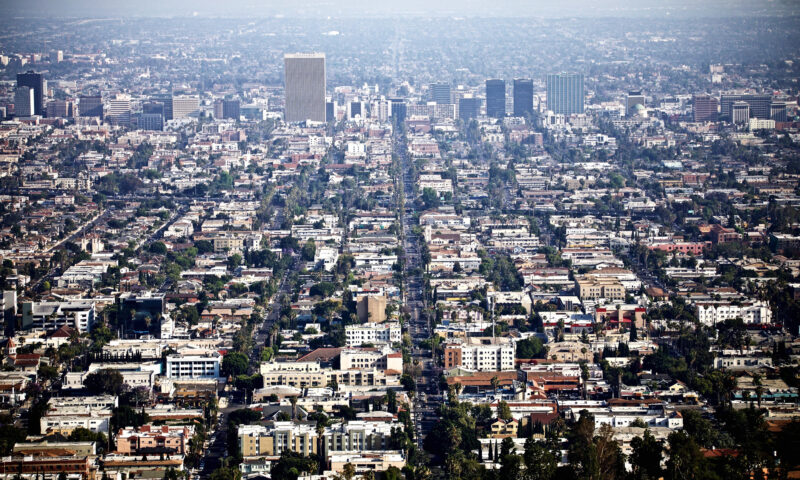

The city moved to regulate short-term rentals in 2018, but researchers say it will not issue fines.
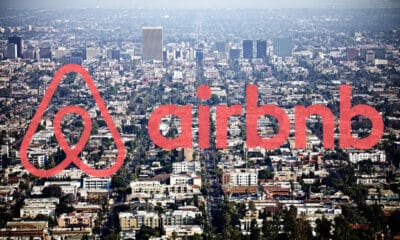

Critics claim the city is not adequately enforcing a new home-sharing ordinance.


Rent-controlled properties remain on home-sharing platforms like Airbnb in violation of a new ordinance.


Co-published by Fast Company
As cities struggle to rein in the short-term rental service, a detente in San Francisco may show the way.


The displacement of renters by large-scale operators who turn apartment buildings into de facto hotels has hit urban areas like Greater Los Angeles hard.
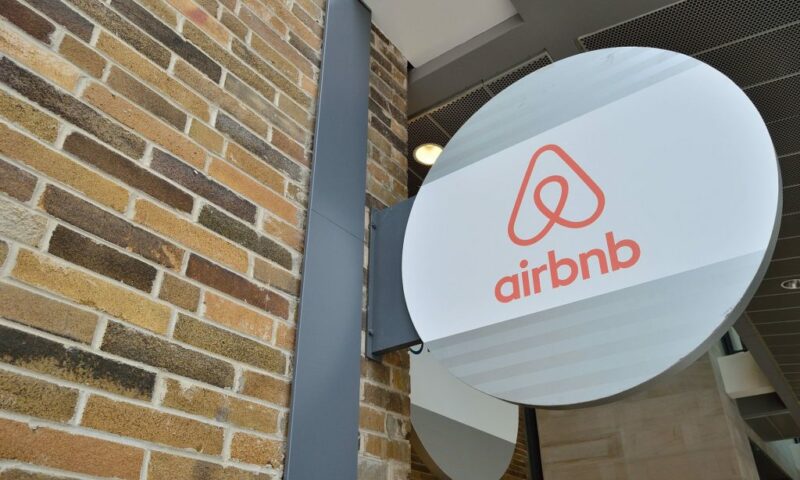
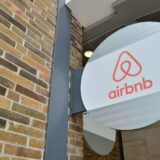
After years of pressure from housing advocates and residents, the L.A. City Council is close to limiting short-term property rentals to 120 days a year.


Juan and Manuel Salvador Orozco Cadena, a pair of fishermen from Baja California, Mexico, pushed off from Punta Lobos on the morning of November 4, 2015. Earlier, the Orozcos had repaired the transmission of their outboard motor, but then it broke down again. As night closed in, the brothers floated helplessly in their open panga 30 miles off the Pacific Coast, making intermittent contact by cellphone, before being rescued by the Mexican coast guard.
At the same moment the Orozcos had first pushed off into the sea, Airbnb executives 1,200 miles away were celebrating the defeat of a San Francisco ballot initiative aimed at regulating the short-stay rental titan. What could possibly be the connection between two Mexican fishermen adrift in the ocean and a company valued by Wall Street estimates at $25.5 billion?
The answer is Chip Conley, a good-looking, 55 year-old fit guy with a shaved head and a charismatic smile whose official full-time job is Head of Global Hospitality for Airbnb.
» Read more about: Ambassador Recalled: Airbnb’s Chip Conley’s Mexican Misadventure »


It was 2008 and presidential hopeful Barack Obama was inspiring millions of people with his promise to disrupt politics as usual – and a new startup called Airbnb was turning that enthusiasm for change into millions of dollars. Denver, the site of that year’s Democratic National Convention, was expecting 80,000 people to come watch the senator from Illinois accept his party’s nomination. The city had space for less than half.
“Obama supporters can host other Obama supporters,” is what CEO Brian Chesky recalls thinking to himself. In a profile of the company, the Huffington Post notes how that idea was turned into cash. “Airbnb, which lets users rent out part or all of their homes, blasted bloggers in Denver with company information.” It “sold ‘Obama O’s’ cereal around town,” garnering news coverage as “an innovative solution to the city’s lodging crisis.”
Founded in 2007, Airbnb is today valued at more than $25 billion and the for-profit sharing economy it helped usher in is no longer so new.
» Read more about: The Sharing Economy's Liberal Lobbyists »


Like a charismatic politician whose flaws have yet to be exposed, the so-called sharing economy enjoyed a meteoric rise to fame and success. Uber, Lyft, Airbnb — these companies emerged seemingly from nowhere to become economic and cultural powerhouses, and to challenge the prevailing structure of their respective industries.
But 2015 has not been as kind to Uber and its brethren, as the fascination with a new business model has given way to serious concerns over everything from public safety to worker exploitation to unfair market monopolization. In some ways this is not surprising — the honeymoon for startups can be notoriously brief.
But something larger is at play here. In the age of rampant income inequality, the overhyped promises of the sharing economy are running headlong into a growing desire by Americans for a caring economy.
There’s a reason why even Republican presidential candidates,
» Read more about: Uber and Airbnb: A 'Sharing' Economy for Whom? »
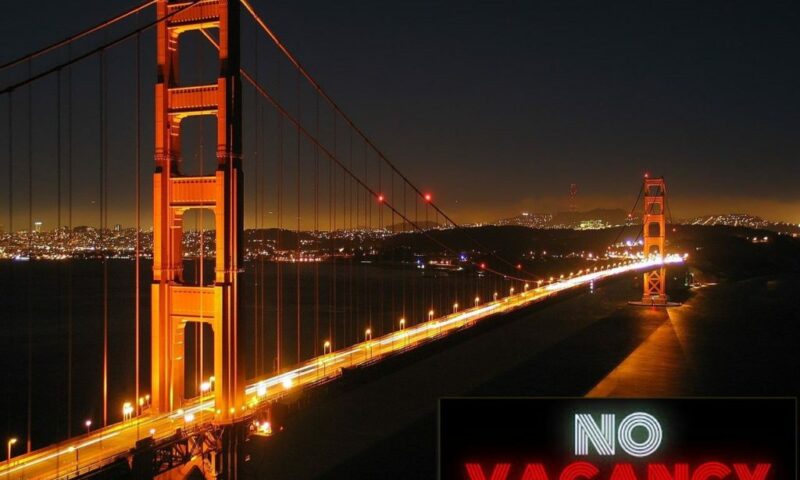
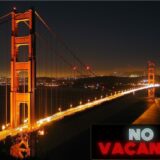
For some people, renting a house or apartment in San Francisco is easy. If your gross pay adds up to $200,000 a year, for example, you might feel fine about sinking a third of this year’s salary into a bright, one-bedroom South Beach loft, or a two-bedroom loft with a view in the Castro District . On less money – say, around $100,000 in take-home pay – you could reasonably afford a Union Square studio, or a 550-square-foot studio for $2,800 in Pacific Heights. Even if you invest no more than a third of your income in rent (the traditionally recommended ceiling), you could live in a one-bedroom apartment in Ingleside, near the San Francisco State University campus. You would have options.
But say you actually work on campus — as a teacher, librarian or groundskeeper. Say you want to go to school there, and not have to commute more than a dozen miles in the morning.
» Read more about: San Francisco Professors and Students Face Staggering Rents »